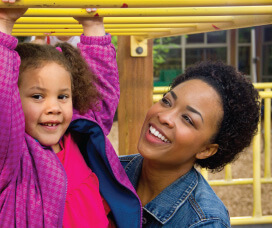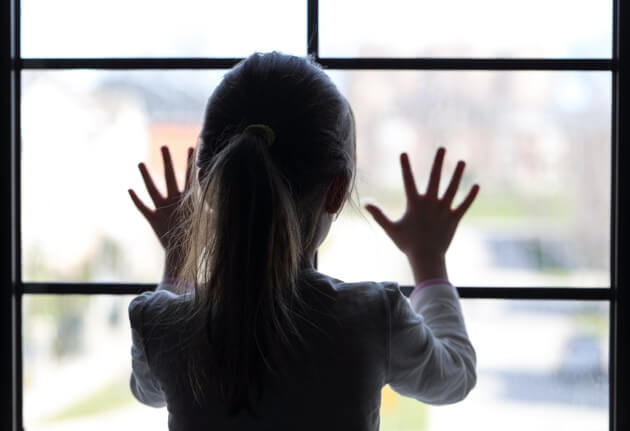5 Smart Ways To Strengthen Your Parent-Child Connection After Divorce

parenting after divorce
By Rosalind Sedacca, CDC
Sadly, divorce is a time when we experience disconnection. We disconnect from our former spouse. Too often we often have to disconnect from time spent with our children as well.
That’s why it is important for you to strengthen your bond with your children. Find ways of strengthening or at least maintaining your connections during this challenging period of transition. This is equally true, when you are living with your children as well as when you are apart. That’s the basis of a Child-Centered Divorce.
Children want and NEED to know they are still loved, valued and cared about. Show them, tell them and keep in close communication with them – during the happy times and the sad ones. They need to feel they have a safe place to turn, a shoulder to cry on and a non-judgmental ear when they need it.
If divorce has been tough on you – remember it’s even tougher on them – whether they confide that to you or not.
Here are five important ways to reinforce your connection with the children you love.
1. Connect through notes and calls:
If you’re living together, slip a note in your child’s lunch box, notebook or on their pillow every few days. A quick joke, cartoon, or just a warm “I Love You!” will let them know they’re on your mind and in your heart. If you’re not together, send an email note or a quick text to convey you’re thinking about them. Schedule phone, FaceTime or Skype video calls at times when you can have a longer conversation.
2. Connect through idle chats:
While you’re riding in the car, helping with homework or doing chores together is a great time to ask questions, share your feelings, and be empathic about your child’s feelings and comments. Don’t turn these communications into lectures. You’re there to listen. If you judge or condemn, you’ll close the door to learning more.
3. Connect through bedtime routines:
Spend time reading books, talk about your own childhood memories, achievements and challenges. Be honest about your childhood insecurities and failures. Kids like to know they are not alone in that regard. Ask your child about the best part of their day or a new lesson they learned. Bedtime routines help you both appreciate one another. It also creates a security bond that most children really value.
4. Connect through new projects:
Create connection through new projects that take on special meaning: a multi-day puzzle, new shelves or other project in their bedroom or garage, perhaps a structure, model or work of art you complete together. It’s a wonderful time to talk and make a stress-free connection. Kids remember these special times and look forward to other experiences that await with you in the future.
5. Connect through special dates:
Create a memorable outing alone with just one of your children: lunch, the zoo, a shopping trip, sports game or a movie. Prepare in advance so you both have something to anticipate in the days ahead. End the date with a token gift as a “reminder” of your time together. Game tickets, a menu, special photos all do the trick in saying, “I love you.”
It doesn’t take a lot of effort to reinforce your connection with your children, especially as you transition through and after a divorce. It’s the sincerity of your effort, not the money you spend, that matters. Your caring attention positively impacts their lives. It helps your kids to feel safe, loved and secure, despite the changes and challenges created by the divorce.
It’s also important to welcome these same “dates” and experiences scheduled by your child’s other parent. Never bad-mouth your ex to your children or criticize their special time with the kids. Children are hurt when they feel they have to choose between parents. It’s equally painful for them when they try to emotionally protect one parent from the other. By never putting them in that awkward position your kids will appreciate and respect you even more.
You can’t escape what you model for your children! By keeping that in mind at all times you will choose the path to more positive and successful parenting.
* * *
Rosalind Sedacca, CDC is the founder of the Child-Centered Divorce Network, a Divorce & Co-Parenting Coach and author of numerous books, e-courses and programs on divorcing with children and co-parenting successfully. For instant download of her FREE EBOOK onDoing Co-Parenting Right: Success Strategies For Avoiding Painful Mistakes! go to: childcentereddivorce.com/book
Please share this article on social media!
 By Rosalind Sedacca, CDC
By Rosalind Sedacca, CDC